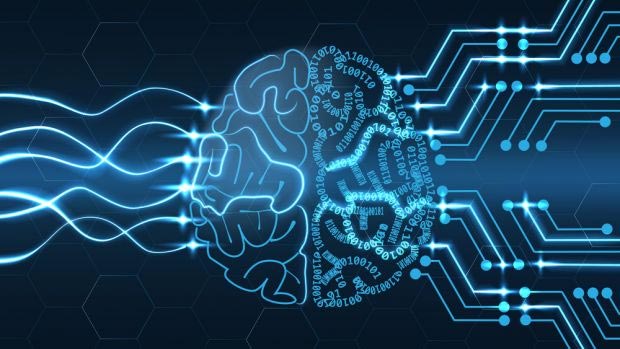Improve the effectiveness of assessing depression status by AI models
Perhaps you have heard of people being able to detect and evaluate the relative emotions and moods of an individual relative through the voice intonation or any sound that the person plays. out. In fact, many ambitious startups like Beyond Verbal, Affectiva and MIT spinout Cogito are now pushing natural language processing projects to do this. However, there were also many opinions that were skeptical about those projects and argued that only sound data was not enough to give an accurate analysis of a person's mood, let alone responding. Use these analytical results to diagnose depression as well as its severity.

- Disney's AI model creates animated sequences from scripts
This is the reason why scientists at the Indian Institute of Technology Patna and University of Caen Normandy embark on a potential project that uses signals by words and gestures (language body language), combined with acoustics, text and images to diagnose and assess the level of depression or stress a person is experiencing. In particular, verbal and gesture signals will still play a key role in the diagnosis, while nonverbal signs and images will be used as factors that significantly improve the level. accurate in estimating the level of depression.
'The burden of work as well as life is making more and more people live with depression and even mental illnesses that sometimes they themselves are unaware of, leading to day sickness. getting worse, causing bad impacts on life as well as work. This is also the reason why we must further promote the implementation of more advanced, personalized and automated technologies in the detection, evaluation, as well as the treatment of mind-related pathologies. gods in general and depression in particular. However, early detection of signs of depression is a challenging issue because many of the symptoms of the disease are still a secret and may cause confusion, 'the researchers said.

- EU: AI systems should be developed and implemented in a transparent and responsible manner
To solve this problem, scientists at the Indian Institute of Technology Patna and University of Caen Normandy have coded a number of factors that implicitly imply human emotions, states, including private ones. So the head collapses, the eyes, the duration and intensity of the smile, the gesture touches certain areas of the body, along with the text and the speech signal . And then put into the learning model. The machine then combines them into vectors (mathematical representation). These unified vectors were then transferred through a second system to predict the degree of depression based on individual health decline scale (PHQ-8) - a diagnostic test commonly used in Large-scale clinical psychology research.
To train many different AI systems, the researchers used data in AIC-WOZ - a set of data related to depression that was compiled from Distress Analysis Interview Corpus. This dataset includes a huge amount of data on both gestures, words, eyes and actions extracted based on audio record samples, the video answers questions from 189 forest interviews. Screening for psychological diagnosis for symptoms such as anxiety, depression and post-traumatic stress disorder (answers that are not focused correctly or half-finished have been abandoned).

- MIT AI model can capture the relationship between objects with the minimum amount of training data
After some pre-treatment and machine learning model steps, the research team compared the results of AI systems by 3 data: Average global error (RMSE), average absolute error ( MAE) and interpretation variance scores (EVS). According to researchers' reports, the integration of three elements of sound, text and images has helped to give the most accurate estimate of the level of depression of a particular, superior subject. compared with the maximum of 7.17% on RMSE and 8.08% on MAE.
- The 'Nobel technology' award is awarded to AI-teaching software as human
In the future, the team also plans to test more modern multitasking learning architectures (multitask learning architectures), while digging deeper into new issues related to textual data. If positive results are achieved, these projects will truly be a powerful step forward in the application of artificial intelligence to medicine in general and in the treatment of neurological diseases in particular, and bring The promising prospect for more than 300 million people is currently suffering from depression, and is expected to grow even faster in the next few years, on a worldwide scale.
You should read it
- ★ Men are more prone to depression after birth, this rate is even higher than that of women
- ★ Postpartum depression: Causes, signs of early identification and prevention
- ★ The variant of NKPD1 gene increases the risk of depression
- ★ Google has the ability to diagnose depression
- ★ What is machine learning? What is deep learning? Difference between AI, machine learning and deep learning